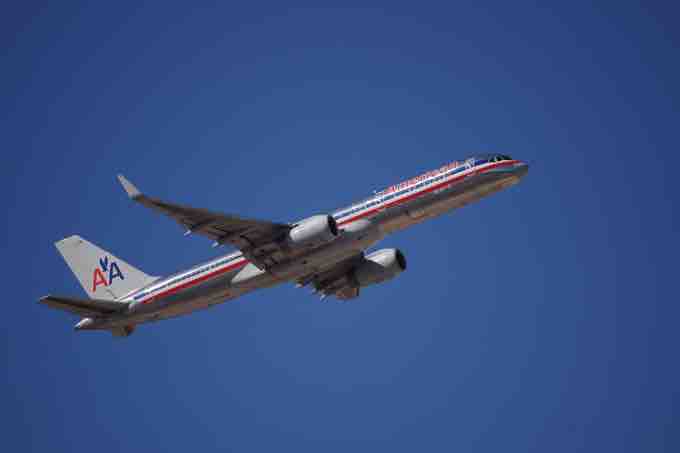Price differentiation, or price discrimination, exists when sales of identical goods or services are transacted at different prices from the same provider. In a theoretical market with perfect information, perfect substitutes, and no transaction costs or prohibition on secondary exchange (re-selling) to prevent arbitrage, price differentials can only be a feature of monopolistic and oligopolistic markets, where market power can be exercised. However, product heterogeneity, market frictions, or high fixed costs (which make marginal-cost pricing unsustainable in the long run) can allow for some degree of differential pricing to different consumers, even in fully competitive retail or industrial markets.
Price differentiation requires market segmentation and some means to discourage discount customers from becoming resellers and, by extension, competitors. This usually entails using one or more means of preventing any resale: keeping the different price groups separate, making price comparisons difficult, or restricting pricing information. The boundary set up by the marketer to keep segments separate is referred to as a rate fence. Price differentiation is thus very common in services where resale is not possible, such as airlines and movie theaters.
Price differentiation can also be seen where the requirement that goods be identical is relaxed. For example, so-called "premium products" (including relatively simple products, such as cappuccino compared to regular coffee with cream) have a price differential that is not explained by the cost of production. Some economists have argued that this is a form of price discrimination exercised by providing a means for consumers to reveal their willingness to pay.
There are two conditions that must be met if a price differentiation scheme is to work. First, the firm must be able to identify market segments by their price elasticity of demand. Second, the firm must be able to enforce the scheme. For example, airlines routinely engage in price differentiation by charging high prices for customers with relatively inelastic demand (business travelers) and discount prices for tourists who have relatively elastic demand . The airlines enforce the scheme by making the tickets non-transferable, thus preventing a tourist from buying a ticket at a discounted price and selling it to a business traveler (arbitrage). Airlines must also prevent business travelers from directly buying discount tickets. Airlines accomplish this by imposing advance ticketing requirements or minimum stay conditions that would be difficult for the average business traveler to meet.

Price Differentiation
The airline industry implements price differentiation schemes.